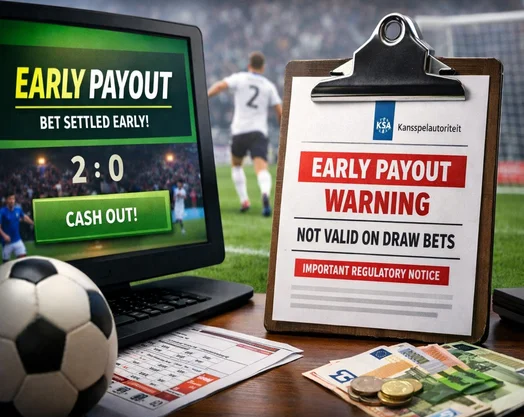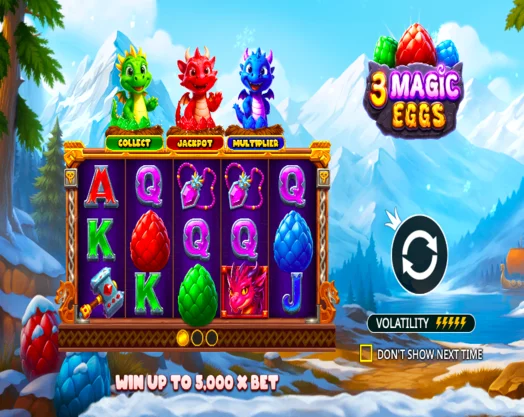Nationwide showdown over event trading
Kalshi, a federally regulated prediction market platform, filed a lawsuit Monday against the New York State Gaming Commission, marking the latest flashpoint in a widening national conflict over whether event trading constitutes gambling or financial speculation.
The company’s complaint, filed in the U.S. District Court for the Southern District of New York, seeks to block the state from enforcing a cease-and-desist order issued last week. The order accused Kalshi of offering unlicensed sports betting in violation of state law. Kalshi argues its event-based markets—where users trade on outcomes such as sports results—are governed by the Commodity Futures Trading Commission (CFTC), not state gambling authorities. “Kalshi has no option but to seek judicial relief,” the lawsuit states, warning that without court intervention the firm faces “criminal enforcement and civil penalties” in New York.
-
Legal Clash: Kalshi sues New York to block a cease-and-desist order, arguing its sports prediction markets are federally regulated by the CFTC, not state gambling authorities.
-
Widespread Regulatory Pushback: At least eight states, multiple tribal gaming groups, and dozens of attorneys general are challenging Kalshi, issuing warnings, lawsuits, and enforcement actions.
-
Industry Implications: The case highlights a growing debate over whether event trading constitutes gambling or financial speculation, affecting platforms like DraftKings, FanDuel, and other prediction market operators.
Expanding List of Legal Battles
Massachusetts Attorney General Andrea Campbell filed a separate lawsuit last month, arguing Kalshi’s sports event markets violate state gambling laws. A coalition of 34 state attorneys general has since filed a brief supporting New Jersey’s position against Kalshi. Beyond state agencies, tribal gaming groups have also entered the fray. Wisconsin’s Ho-Chunk Nation and several California tribes have brought legal challenges, arguing that Kalshi’s markets encroach on their gaming rights.
Regulators in multiple states have also begun warning licensed sportsbooks against offering or partnering on prediction market products. Illinois became the fifth state last week to issue such a warning, stating that prediction markets “constitute gambling under Illinois law” and could jeopardize a company’s “suitability for licensure.” Similar notices were sent in Arizona, Michigan, Nevada, and Ohio. Major operators including DraftKings, FanDuel, and Underdog have explored offering event-based trading products amid growing interest in financialized betting.
Legal Opinions Sharpen Divide
The legal uncertainty has prompted states to seek formal opinions on prediction markets. Last week, the Arkansas Attorney General’s Office concluded that Kalshi’s event contracts amount to gambling under state law. In a written opinion requested by state Senator Bryan King, the office cited Arkansas Supreme Court precedent defining gambling as “the risking of money, between two or more persons, on a contest or chance of any kind, where one must be a loser and the other a gainer.” The opinion said labeling such products “prediction markets” does not exempt them from scrutiny.
Kalshi’s legal strategy could define how far prediction markets can expand within the United States. The company maintains that federal law allows regulated trading on events ranging from elections to sports, while states insist such activity falls within their gambling oversight.
With at least eight states, multiple tribal groups, and more than 30 attorneys general opposing its operations, Kalshi’s push for nationwide access faces significant legal and political resistance. The New York lawsuit underscores a growing regulatory question: where the line should be drawn between a financial instrument and a wager.








